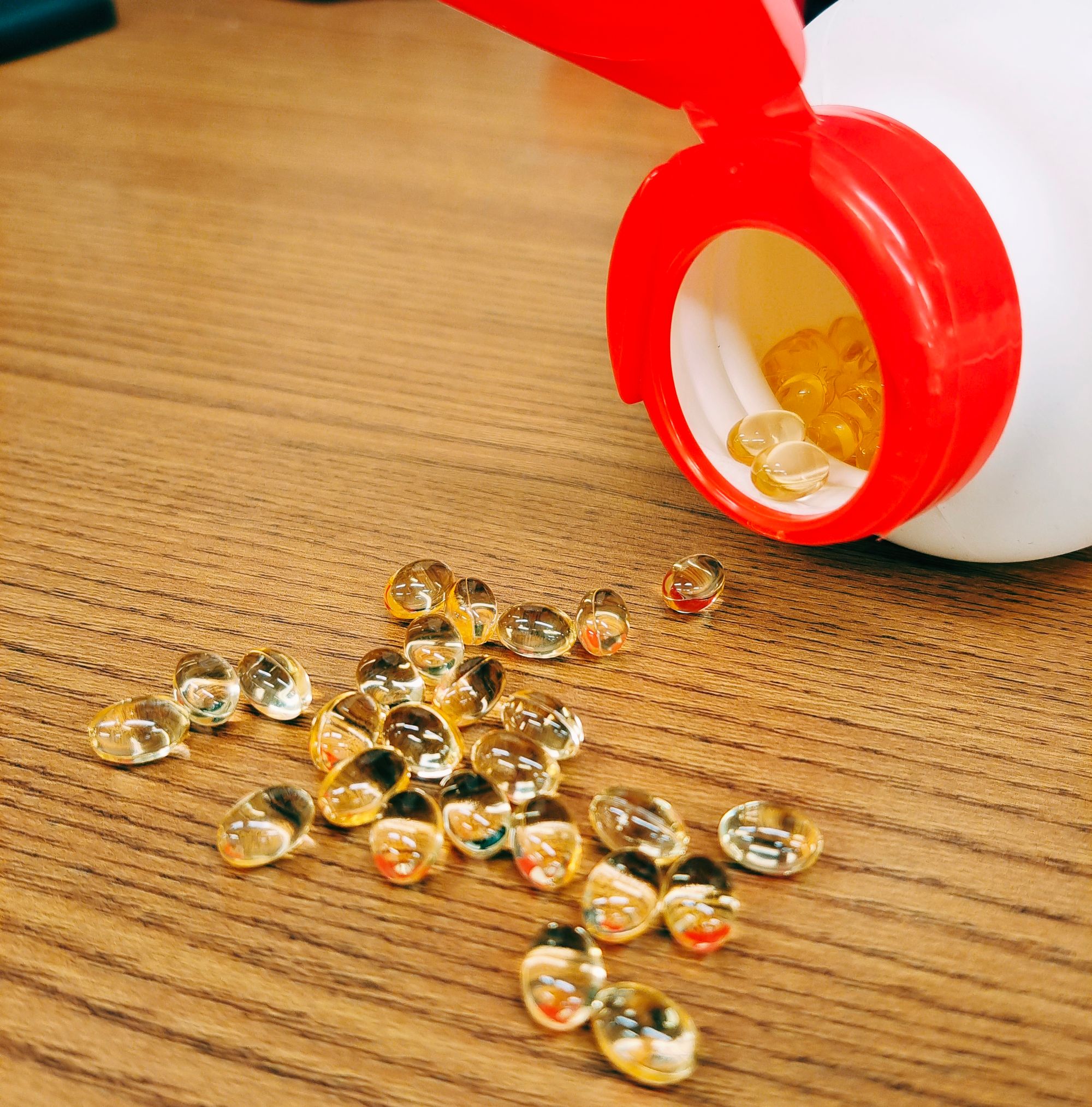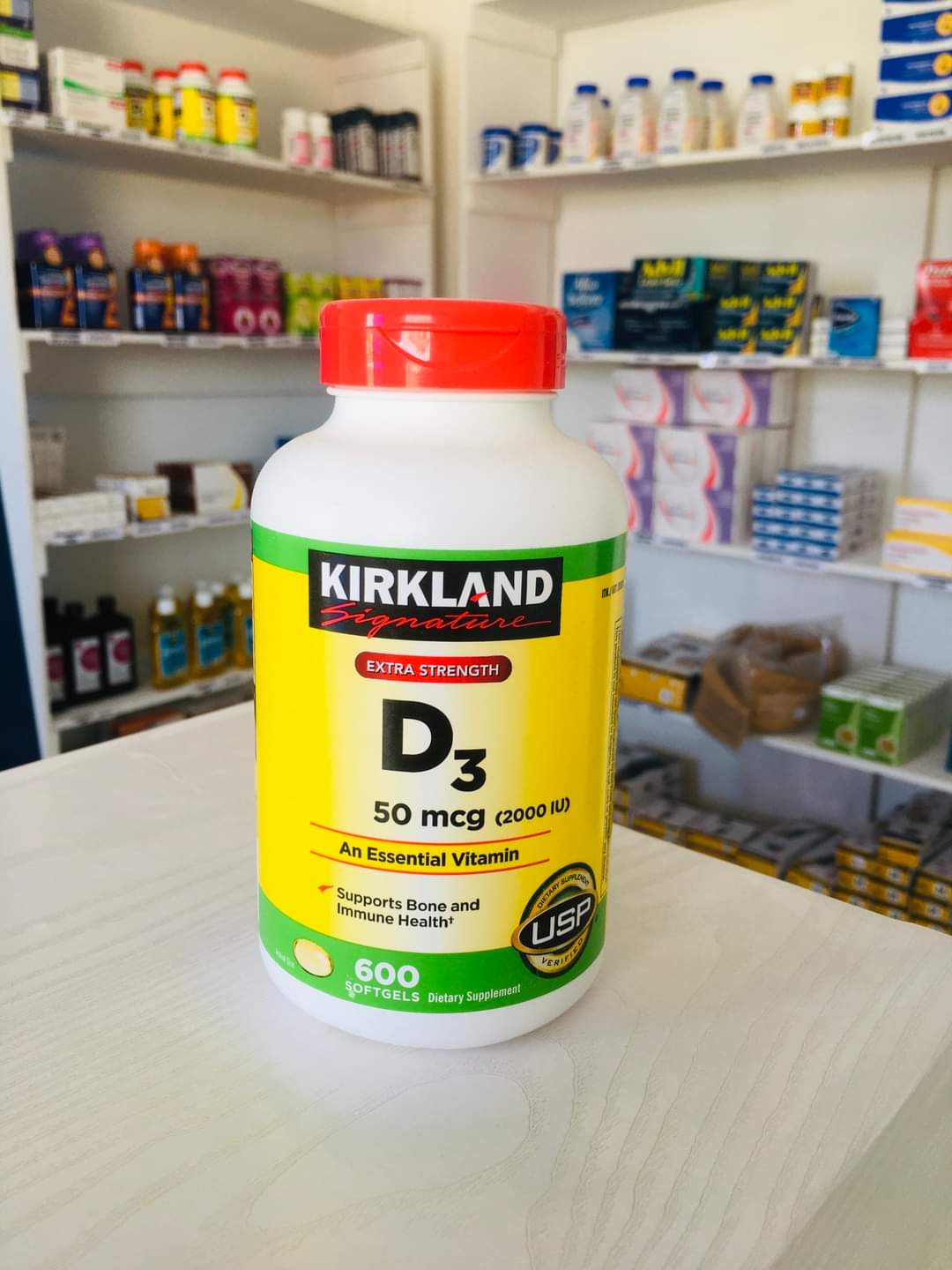Vitamin D3

From the Elder's advice, to the Doctor's recommendation, most- if not all of us, have been told to take the new born babies to get some sunlight daily. Adults have been encouraged to get exposure to the sunlight whenever they came down with the flu. But what is the importance of sunlight on our skin and what is the correlation between its importance on a baby's skin and the skin of an adult?
In newborn babies, ultraviolet rays from the sun break down bilirubin to prevent jaundice. In adults, ultraviolet rays from the sun facilitates the formation of Vitamin D. Amongst the plethora of benefits the mighty sun offers us, today we will direct our focus on the immunological reinforcement of that special vitamin called 'vitaminD'.

Vitamin D3 is a fat-soluble vitamin that is essential for many bodily functions. It helps the body absorb calcium and phosphorus, which are important for strong bones and teeth. Vitamin D3 also plays a role in the immune system, helping the body fight off infection.
Some of the key roles of vitamin D3 in the human body include:
- Bone health: Vitamin D3 helps the body absorb calcium and phosphorus, which are essential for strong bones and teeth. A deficiency in vitamin D3 can lead to bone disorders such as rickets in children and osteomalacia in adults.
- Immune system: Vitamin D3 plays a role in the immune system, helping the body fight off infection. A deficiency in vitamin D3 has been linked to an increased risk of some chronic diseases, such as autoimmune diseases, cancer, and heart disease.
- Nervous system: Vitamin D3 may also play a role in the nervous system, helping to protect against damage and improve cognitive function.
- Muscle function: Vitamin D3 is also important for muscle function. A deficiency in vitamin D3 can lead to muscle weakness and fatigue.
- Other health benefits: Vitamin D3 may also have other health benefits, such as reducing the risk of falls in older adults and improving fertility.
The recommended daily intake of vitamin D3 for adults is 15 micrograms (mcg). However, some people may need more vitamin D3, especially those who are at risk of deficiency. If you are concerned about your vitamin D3 levels, talk to your doctor. They can recommend a blood test to check your levels and advise you on whether you need to take a supplement.
Here are some tips for getting enough vitamin D3:
- Get some sun exposure. The body produces vitamin D3 when exposed to sunlight. However, it is important to protect your skin from the sun's harmful rays by wearing sunscreen and protective clothing.
- Eat foods that are rich in vitamin D3. Some good sources of vitamin D3 include fatty fish, such as salmon and tuna, egg yolks, and fortified milk and orange juice.
- Take a vitamin D3 supplement. If you are unable to get enough vitamin D3 from sunlight or food, you may need to take a supplement.
Reach out to your Dr. By following one of the social media tabs below or come in to our clinic and learn more about the best ways to get more vitamin D3.


